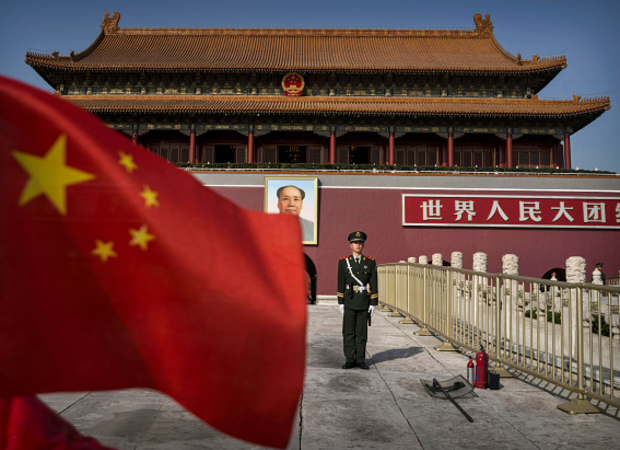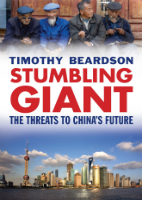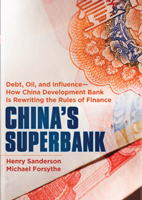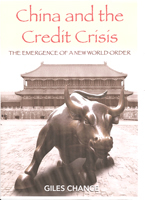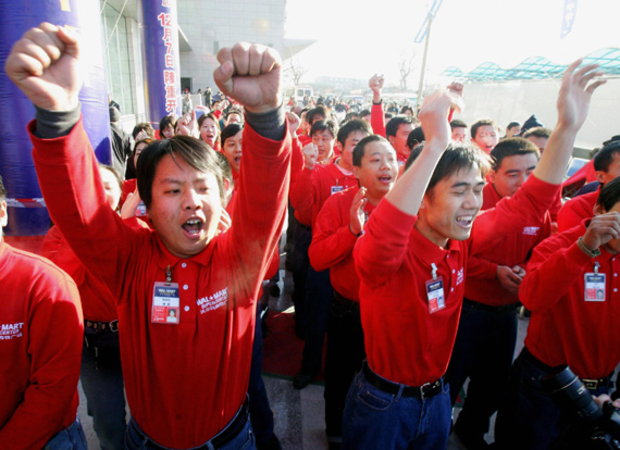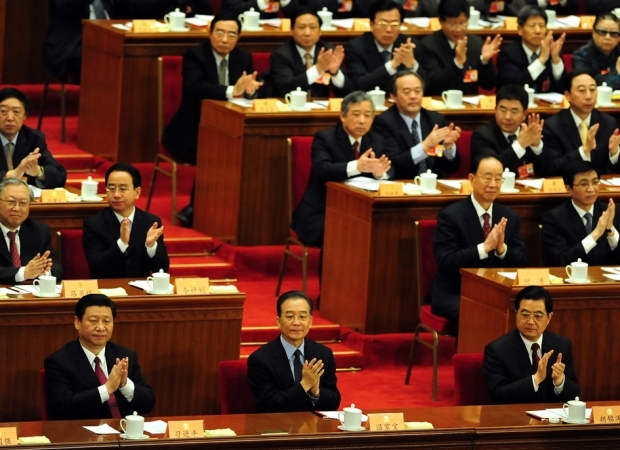Commodities permeate virtually every aspect of modern daily living, but for all their importance—their breadth, their depth, their intricacies, and their central role in daily life—few people who are not economists or traders know how commodity markets work. Almost every day, newspaper headlines and media commentators scream warnings of impending doom--shortages of arable land, clashes over water, and political conflict as global demand for fossil fuels outstrips supply. The picture is bleak, but our grasp of the details and the macro shifts in commodities markets remain blurry.




